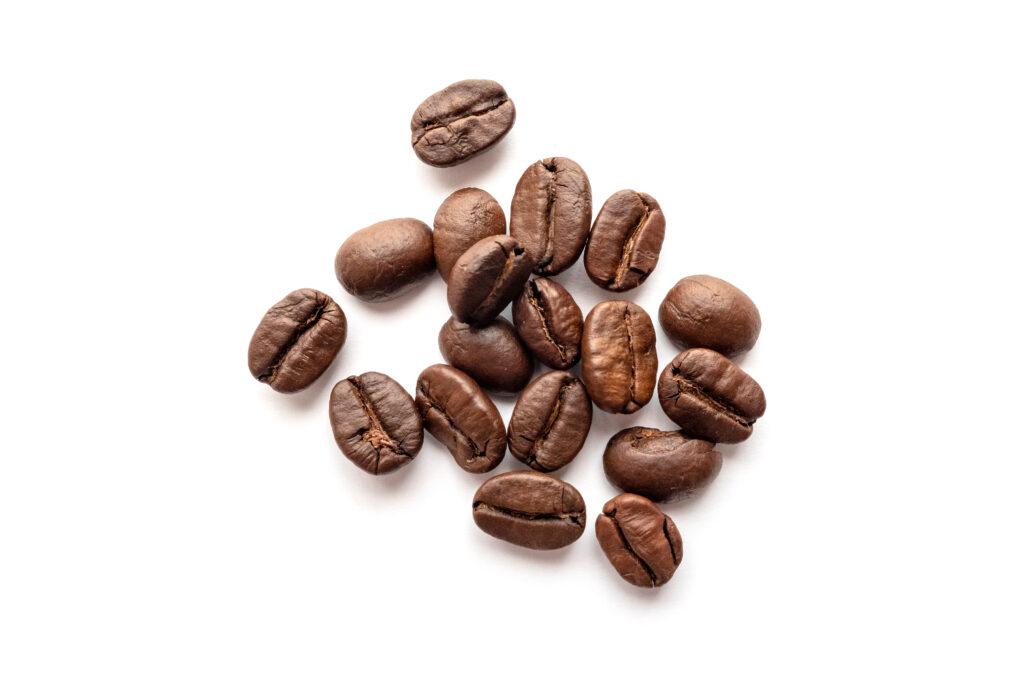Understanding and Managing Urinary Retention
Urinary retention is a condition where you cannot fully empty your bladder. It can start suddenly or develop over time. When it begins suddenly, you might feel severe pain in your lower abdomen and be unable to urinate. If it develops gradually, you might experience mild pain, loss of bladder control, and a weak urine stream. Long-term urinary retention can lead to infections and other serious complications.
### Causes of Urinary Retention
Urinary retention can be caused by several factors:
– **Blockages**: These can be due to conditions like benign prostatic hyperplasia (BPH), urethral strictures, bladder stones, or tumors.
– **Nerve Problems**: Conditions such as diabetes, spinal cord injuries, or stroke can affect the nerves that control bladder function.
– **Medications**: Certain drugs like anticholinergics, antihistamines, and opioids can interfere with bladder function.
– **Weak Bladder Muscles**: This can occur due to aging or other health issues.
### Symptoms of Urinary Retention
Symptoms vary depending on whether the condition starts suddenly or gradually. Common symptoms include:
– Inability to urinate
– Lower abdominal pain
– A weak or interrupted urine stream
– Frequent urge to urinate
### Diagnosing Urinary Retention
Diagnosis typically involves measuring the amount of urine left in the bladder after urination. This is done using an ultrasound. Other tests might include urine and blood tests to check for infections or kidney function.
### Managing Urinary Retention
Treatment often involves using a catheter to drain the bladder. Other treatments may include medications to reduce prostate size, urethral dilation, or surgery. In some cases, lifestyle changes can help manage symptoms.
### Complications of Urinary Retention
If left untreated, urinary retention can lead to serious complications such as bladder damage, kidney failure, and recurrent infections. It is crucial to seek medical attention promptly if symptoms persist.
### Preventing Urinary Retention
While some causes are unavoidable, maintaining good bladder health through regular exercise, a balanced diet, and avoiding certain medications can help reduce the risk of urinary retention. If you experience any symptoms, consulting a healthcare provider is essential for early diagnosis and treatment.



